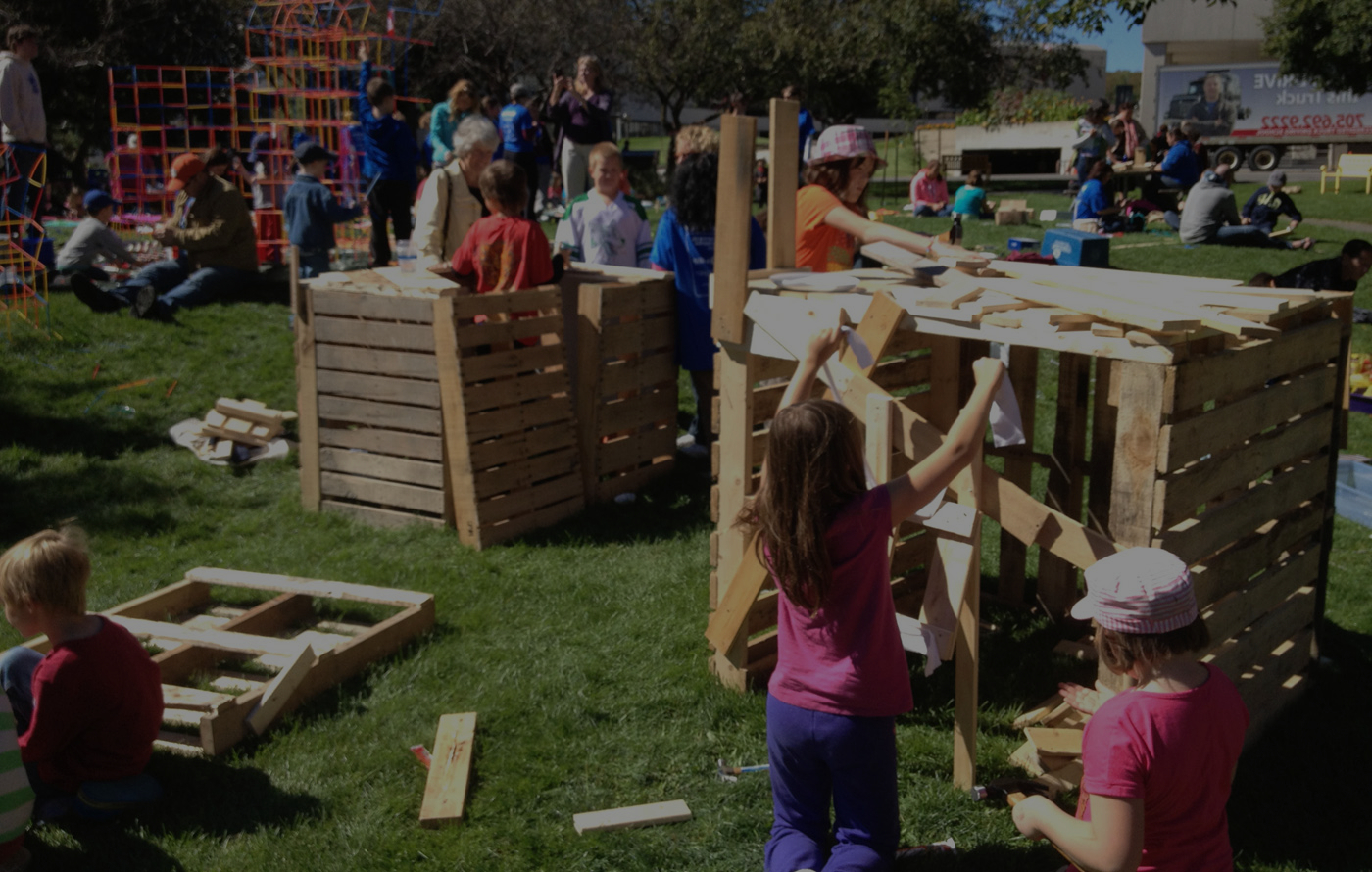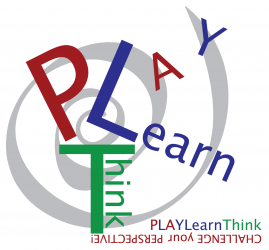November 20th is World Children’s Day!
November 20th is a day to celebrate children. It also marks the 31st anniversary of the UN Convention on the Rights of the Child (UN CRC). This is a special year to draw attention to article 31 of the UN CRC which is known as the Play Article. Unfortunately, it is also known as the forgotten article since very little is done by world governments, including Canada, to uphold the child’s right to play despite the efforts of national organizations such as the Canadian Coalition for the Rights of Children (CCRC) and the Canadian branch of the International Play Association (IPA Canada).
The UN CRC has been ratified by all countries on the planet save one. As a signatory, Canada is bound to uphold all the articles of the convention yet every Canadian governmental report to the UN Committee on the Rights of the Child has failed to mention the child’s right to play. IPA Canada has been submitting NGO reports pertaining to Canada’s implementation of article 31 which outline our country’s shortcomings in protecting and promoting play and makes recommendations for actions. Yet these recommendations have been ignored.
In 2011, at the urging of IPA World, the UN Committee on the Rights of the Child began the process of drafting a General Comment on Article 31. A General Comment is a UN document which is sent to all countries outlining their failings to uphold a specific article and makes concrete recommendations for actions to rectify the situation. The General Comment on Article 31 (UN GC-17) was published in early 2013 yet no action has been taken by Canada to support and promote self-directed play.
Play is a fundamental necessity for children. It underpins their cognitive, social, physical, emotional and spiritual development. Play is not organized sports which tend to be adult structured. Play is intrinsically motivated and self-directed. Children engage in play when they are free to choose what they do, how they do it, when they do it, where they do it and with whom (alone or with others). Children’s innate need to play drives their exploration of their physical and social environments which allows children to build knowledge about the world around them and develop skills they will need to navigate life’s challenges.
Play becomes even more important during times of crisis, such as the current COVID-19 pandemic. Children (especially young children) do not have the emotional maturity to process everything that may be going on around them: anxiety in the household, a heightened focus on not losing schooling hours, uncertainty regarding the pandemic and how it will affect them, social distancing, isolation, and the list goes on. When children play, they feel safe. They are free to explore their emotions and they learn to understand that various situations can make them feel differently. Through their self-directed play children develop skills which help them process environmental anxiety. This helps them nurture their self-confidence and build resilience which will serve them well in the future.
Without the opportunity to play, children are deprived of their natural coping mechanism. Studies on play deprivation have shown that no play can have devastating and long lasting effects on children’s development (Children Without Play, Webb and Brown, 2005). So in these uncertain times, it is imperative that we recognize the child’s need (and right) to play. It is the best defense they have against anxiety and depression during this pandemic.

